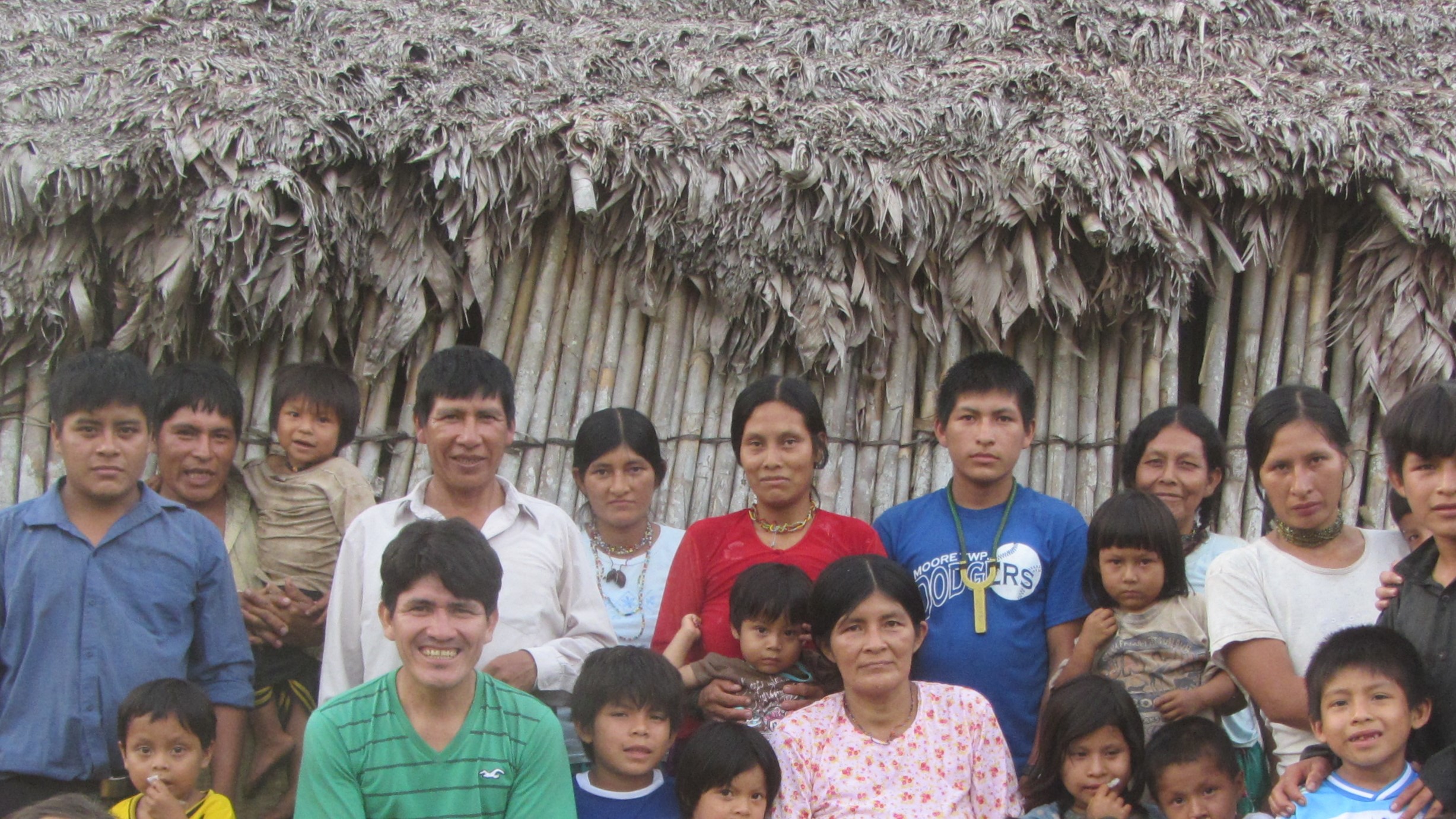News release
From:
Inflammation age – Age-related chronic inflammation (inflammaging) may not be inevitable and could be related to lifestyles in industrialised societies. Researchers compared two indigenous communities in the Bolivian Amazon. The Tsimane, a forager-horticulturist group, showed minimal age-related inflammation markers, while the neighbouring Moseten, who have experienced greater lifestyle shifts due to proximity to the local market, showed more pronounced inflammation associated with age. The results add to growing evidence suggesting lifestyle, not aging alone, drives chronic inflammation.
Inflammaging is minimal among forager-horticulturalists in the Bolivian Amazon
Proceedings of the Royal Society B: Biological Sciences
Inflammaging refers to the development of chronic inflammation in late life. It is unclear whether this is an inevitable part of human aging, or if it results from an evolutionary mismatch with industrialized lifestyles and environments. We assessed whether the Tsimane forager-horticulturalists in the Bolivian Amazon develop inflammaging. We found only a slight increase in pro-inflammatory signaling. Next, we compared the neighboring Moseten, who are genetically closely related but have experienced greater lifestyle shifts. The Moseten showed more pronounced inflammaging. Our results suggest minimal inflammaging in the Tsimane and highlight the importance of lifestyle shifts in exacerbating its development.



 International
International



